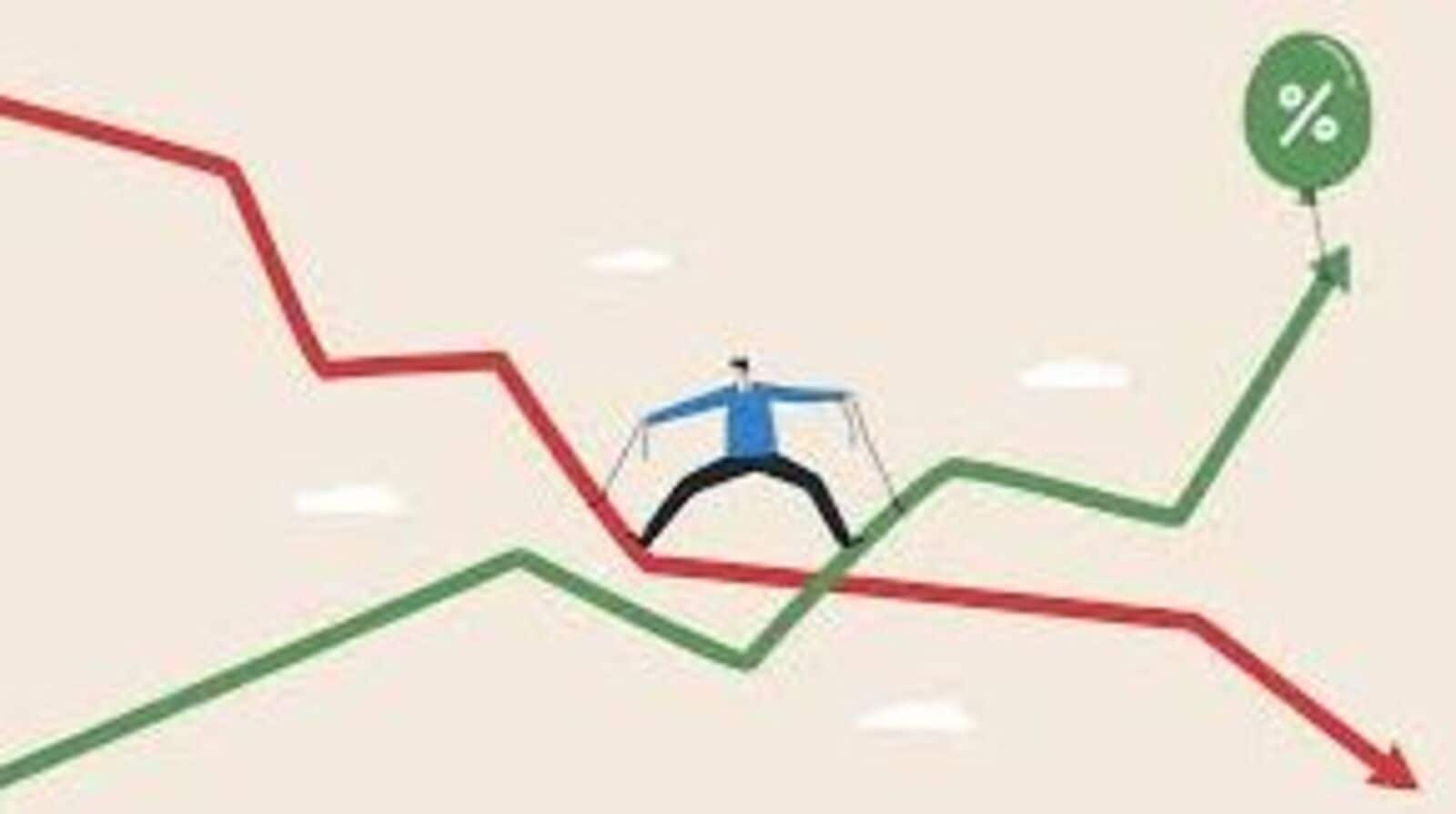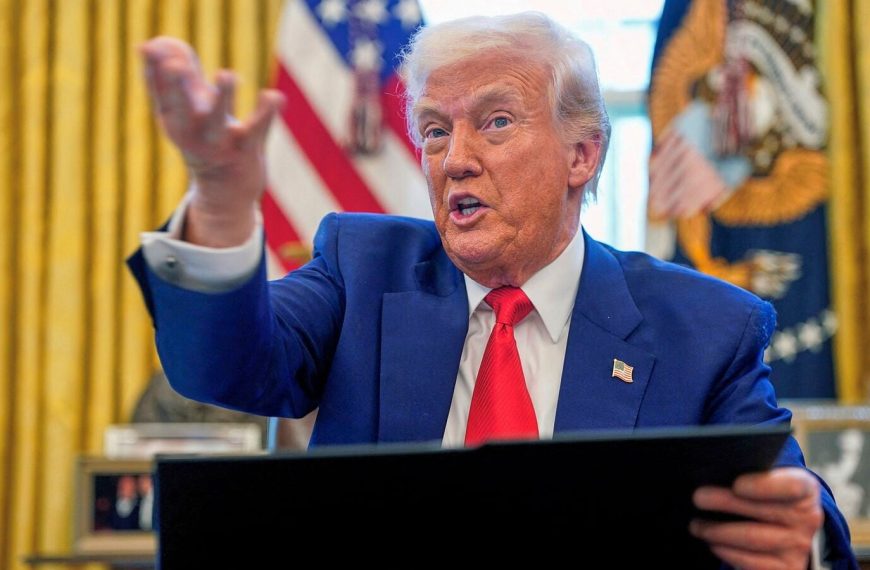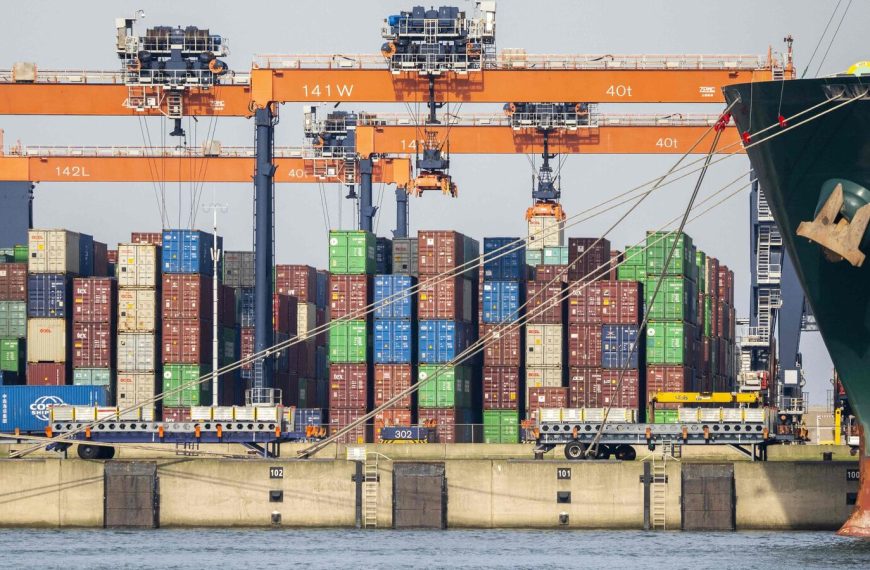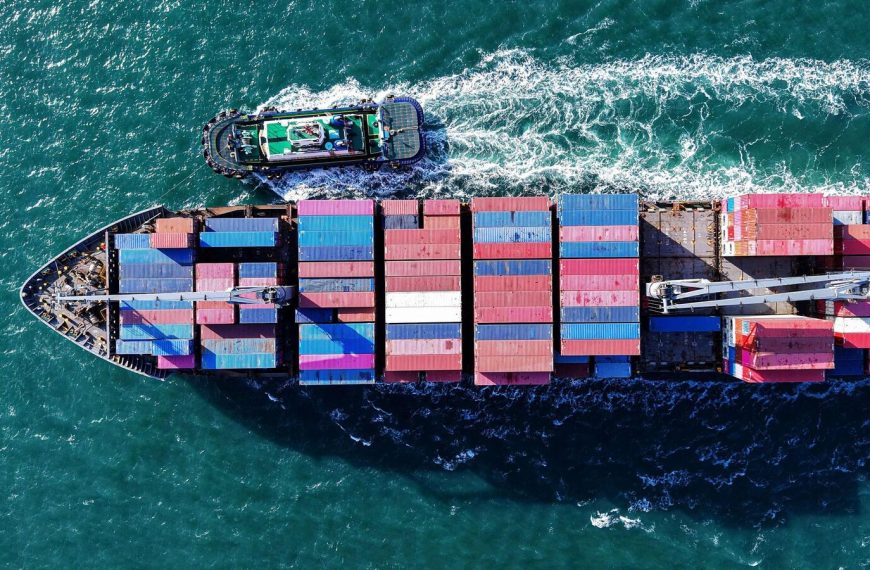In a climate of rising economic uncertainty, Jerome Powell, the Chair of the Federal Reserve, has sought to ease concerns regarding potential growth slowdowns and inflationary pressures stemming from President Trump’s assertive trade strategies. The Bank of Japan also highlighted the risks associated with trade policies in its latest statement. Meanwhile, Andrew Bailey, the Governor of the Bank of England, has cautioned his colleagues about the need for careful decision-making amidst a volatile global economy.
Global Central Banks and Interest Rates
Several central banks around the world are navigating complex economic waters. The Riksbank in Sweden has decided to maintain its benchmark interest rate at a low point, while Taiwan has kept rates steady at their highest since 2008. Other countries, including South Africa, Indonesia, and Russia, have opted for stability in their monetary policies, while banks in China have held their lending rates unchanged for the fifth consecutive month. Conversely, Switzerland, Iceland, and Morocco have taken steps to lower their rates.
- OECD Projections: The OECD anticipates a slowdown in global economic growth, predicting a drop to 3.1% this year and further to 3% by 2026. The organization attributes this to increased trade barriers and growing uncertainty, which could dampen both business investment and consumer spending.
U.S. Economic Landscape
In the United States, Federal Reserve officials opted to keep interest rates steady for the second meeting in a row, reflecting worries about economic deceleration and persistent inflation. Powell downplayed the risks, suggesting that the inflationary effects of tariffs might be temporary. Recent data showed that retail sales in February fell short of expectations, indicating a decline in consumer spending as the year began.
European Economic Outlook
Across the Atlantic, the Bank of England made a notable decision by maintaining interest rates, despite previous inclinations towards cuts. The recent inflation figures within the eurozone have sparked discussions among European Central Bank officials about further rate reductions, as uncertainty looms over economic growth and inflation targets.
- Investor Sentiment in Germany: Confidence in Germany’s economy surged, driven by expectations of significant infrastructure and military investments under the new government.
Asian Economic Developments
In Asia, China’s economic indicators, including consumption and industrial production, outpaced forecasts, suggesting resilience despite challenges posed by U.S. tariffs. However, the property market continues to face pressure, and rising unemployment underscores vulnerabilities that could be exacerbated by additional U.S. trade restrictions.
- South Korea’s Exports: Exports of semiconductors from South Korea to China have significantly decreased, raising alarms about a potential slowdown in global demand.
Emerging Markets and Trade Policies
India is preparing to introduce sweeping trade tariffs in response to the global trend of steel protectionism, coinciding with Trump’s recent imposition of tariffs on all U.S. imports. This shift reflects a growing trend among nations to safeguard their markets from a surge of steel, particularly from China.
- Impact on Indonesia: The economic strain in Indonesia is indicative of broader challenges faced by emerging markets, especially as U.S. tariffs on China threaten to disrupt global trade dynamics.
In a parallel development, Turkey’s markets reacted negatively to the recent detention of Ekrem Imamoglu, a prominent political figure, raising concerns about political instability potentially undermining investor confidence in the nation’s economy.
As central banks worldwide assess their strategies in light of these evolving challenges, the interplay between trade policies and economic growth will remain a critical focus in the coming months.











